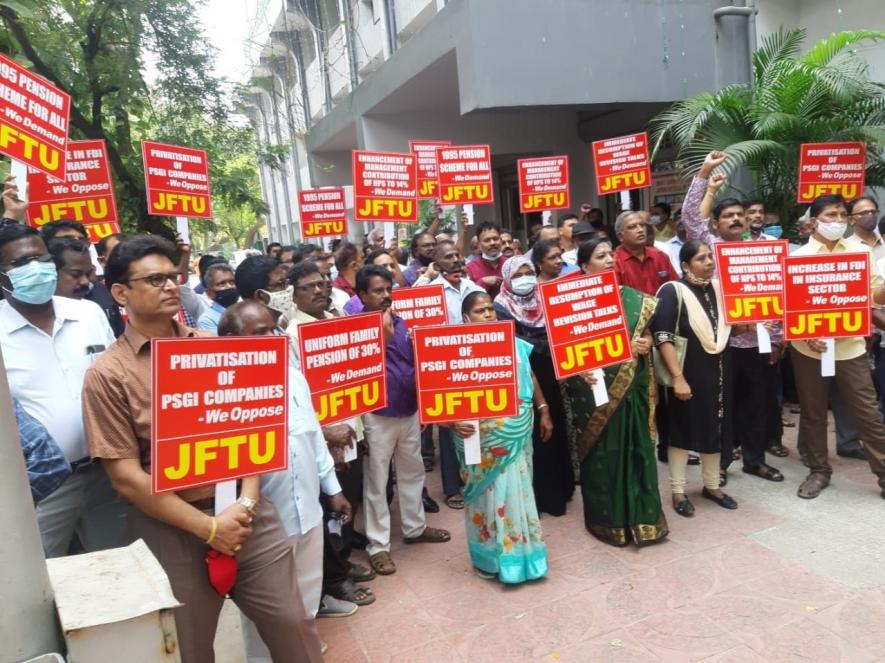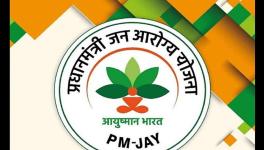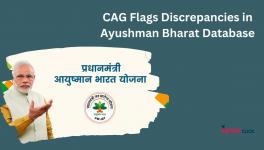Privatisation of Public Insurance Companies to Affect 50 Crore Customers

The Bharatiya Janata Party (BJP)-led union government has decided to open-up the four public sector general insurance companies to private players. Amendments made to The General Insurance Business Nationalisation Act (GIBNA) are expected to pave the way for in-toto privatisation of these companies.
The four general insurance companies have around 8,000 offices across the country and cater to about 50 crore customers. The companies are entrusted with implementing several flagship schemes of the union government with minimal government support, leading to a loss for the organisations. With privatisation, the schemes would come to an end, leading to financial exclusion of citizens from rural areas.
The employees of these companies held a strike on August 4 after the amendments were passed in the Lok Sabha. They now plan on holding mass contact programs and campaigns to explain the impact of the move to the common public.
‘AMENDMENTS WILL PRIVATISE IN-TOTO’
The Centre has introduced two amendments to the GIBNA, coinciding with the 50th anniversary of the nationalisation of insurance companies. The 107 private insurance companies were nationalised in 1971 through an ordinance, leading to the formation of National Insurance, New India Insurance, Oriental Insurance and United India Insurance companies.
“The government has removed Section 10B, which mandates that 51% shares of general insurance companies remain with the government. It introduced Section 24, which says GIBNA is not applicable to companies with less than 51% government share. This will lead to the complete privatisation of the public sector general insurance companies,” G.Anand, general secretary of South Zone General Insurance Employees Association (SZGIEA), told Newsclick. .
Commenting on finance minister Nirmala Sitaraman’s claim that the move would ensure greater private participation and not privatisation, Anand said that the argument did not "hold any value".
“It is commonly understood that the dilution of shares below the 51% mark will make these companies non-governmental," he added.
“The private players will indulge in fraudulent activities to ensure massive profits as they were doing before nationalisation. The present government is taking back the general insurance sector by half a century," he argued.
The doors for privatisation were opened in 1999 by the National Democratic Alliance (NDA) government, which passed the Insurance Regulatory and Development Authority of India (IRDAI) Act. It was followed by the first amendment to the GIBNA in 2016, which enabled companies to sell 49% of their stake to the public.
“Only institutionalised investors bought almost all the shares that New India Assurance company sold. The question of the general public buying shares is inconsequential,” Anand said.
‘BENEFITS OF NATIONALISATION WILL BE UNDONE’
The finance minister has also cited the under-penetration of the general insurance business as another reason for the amendments. However, public sector companies have a huge market share and rural penetration.
“A basic study of the functioning of the public sector and private sector general insurance companies would have helped in understanding facts. After 20 years of private players entering the market, public sector companies have a 42% share and have 40% of their offices in tier 3,4,5 and 6 cities,” Anand said.
The 27 private general insurance companies have only 49 of their total 2,469 branches in these regions. The public sector general insurance companies have a customer base of 50 crores as a result of massive rural penetration, which private players do not have.
“Reliance health insurance has closed its general insurance operation, while L&T has sold its operations to HDFC ergo and Apollo Munich has done the same. Is it wise to think that privatisation will help improve the general insurance sector?” asked Anand.
With less than 51% stake, the reservation for recruitment will be abolished in these companies. “Once privatised, there will be no reservation for employment, affecting the socially backward and oppressed communities,” Anand said.
WHO WILL EXTEND GOVT SCHEMES?
The general insurance companies are also tasked with implementing the flagship programmes of the union government, including the Pradhan Manthri Surakha Bima Yojana (PMSBY) and Ayushman Bharat.
“As far as the PMSBY is concerned, for a premium of Rs 12 per year, the sum assured is Rs 2 lakhs. The public sector general insurance companies are doing it for more than 17 crore bank customers while the private players have not shown any interest in the government scheme,” Anand said.
The public sector general insurance companies have also encountered losses from implementing union government schemes due to low premiums and a lack of government support.
Get the latest reports & analysis with people's perspective on Protests, movements & deep analytical videos, discussions of the current affairs in your Telegram app. Subscribe to NewsClick's Telegram channel & get Real-Time updates on stories, as they get published on our website.























